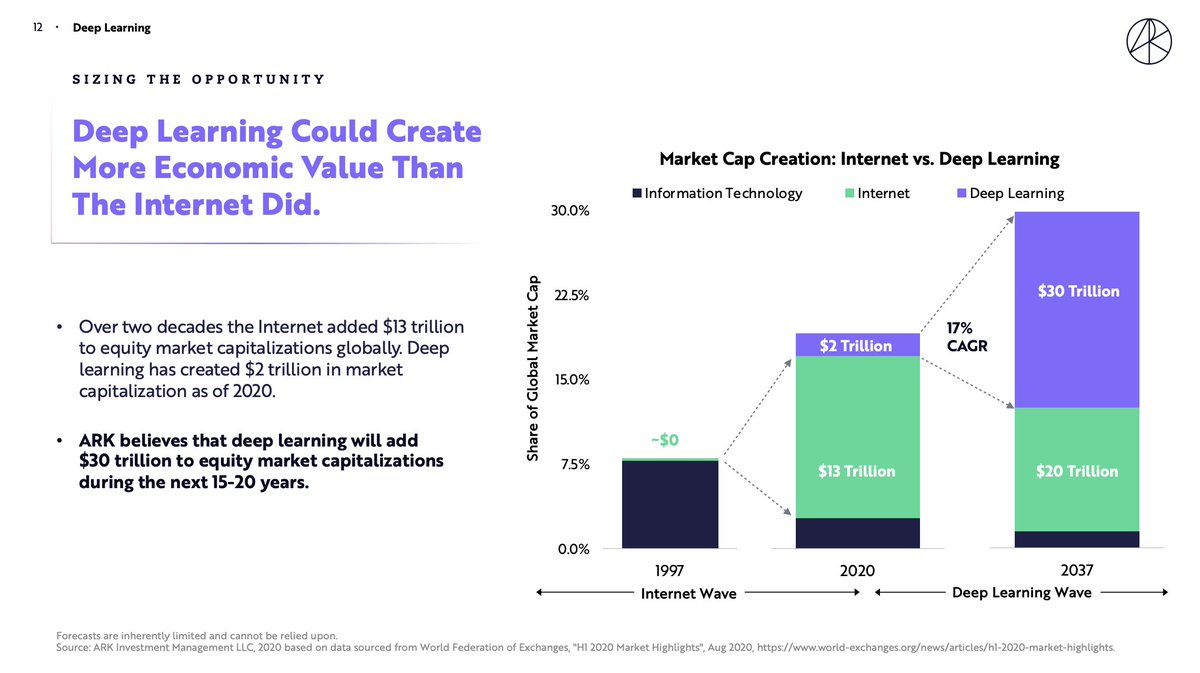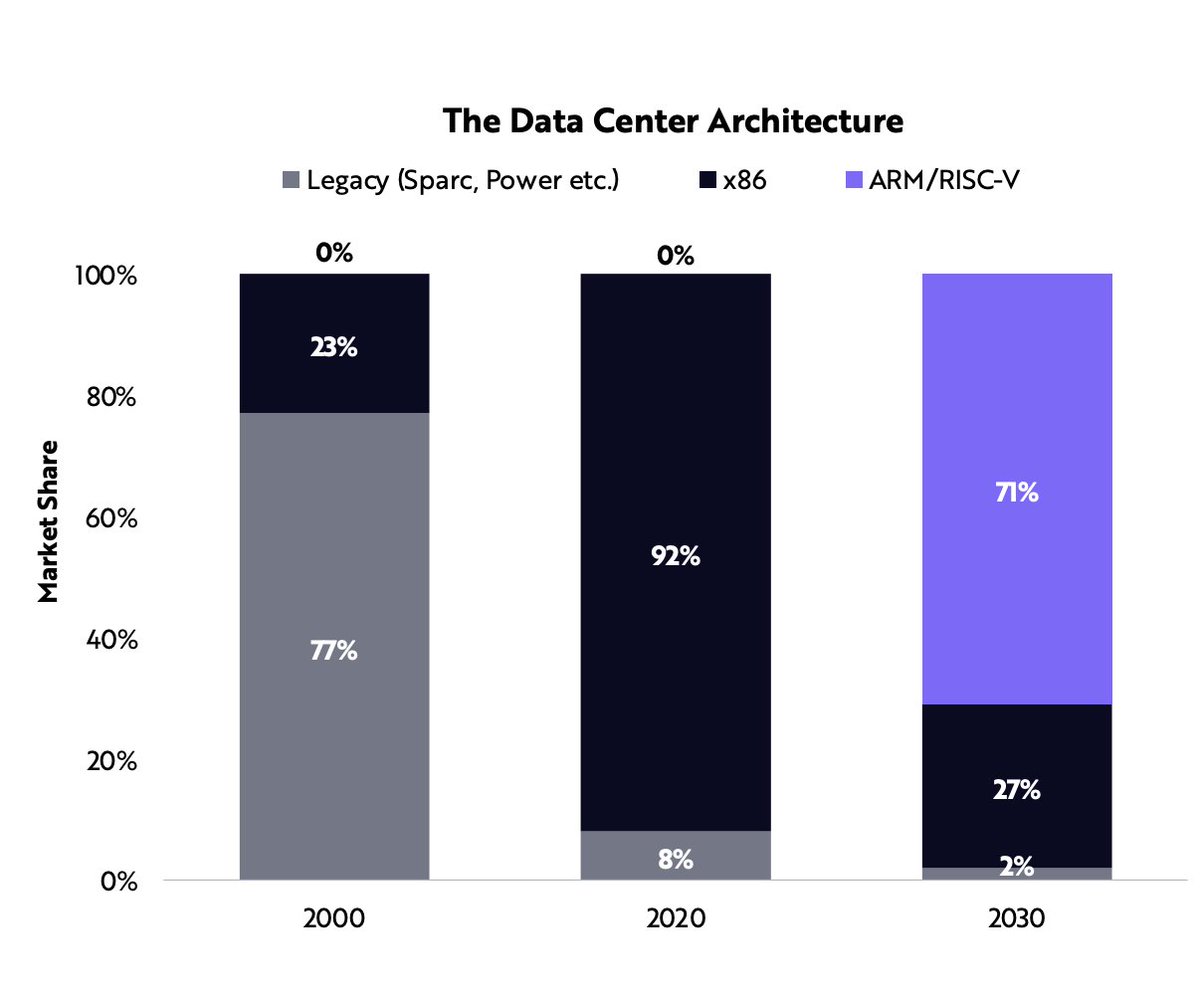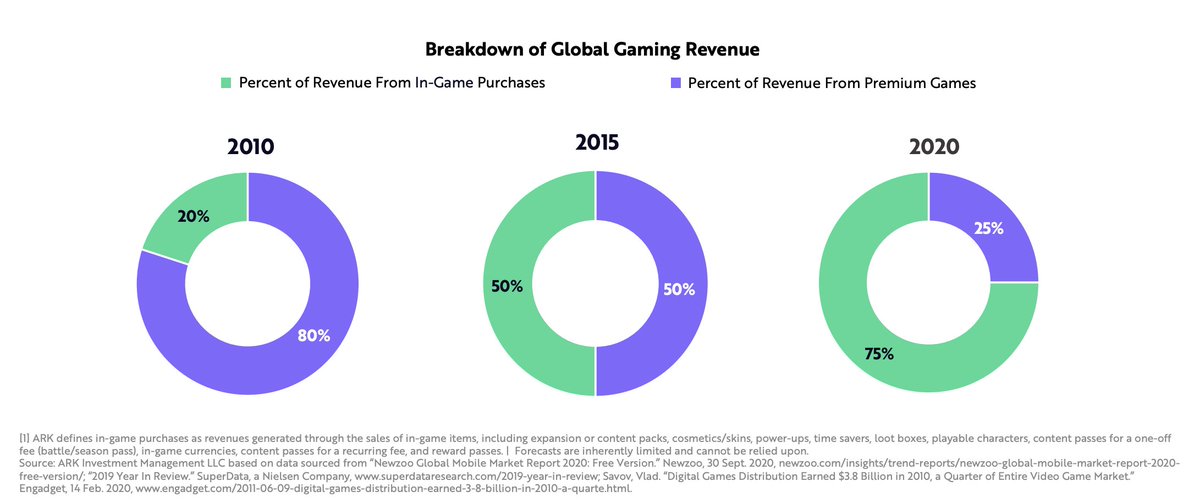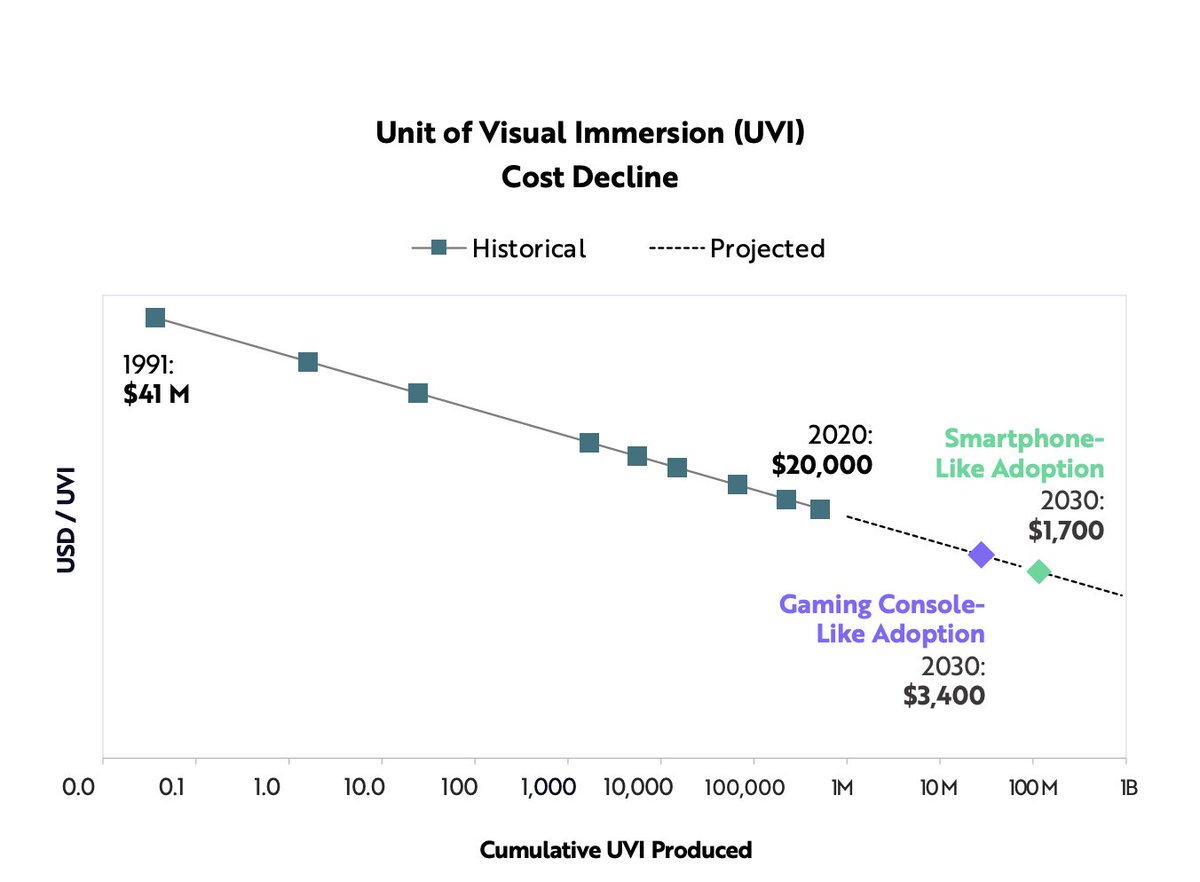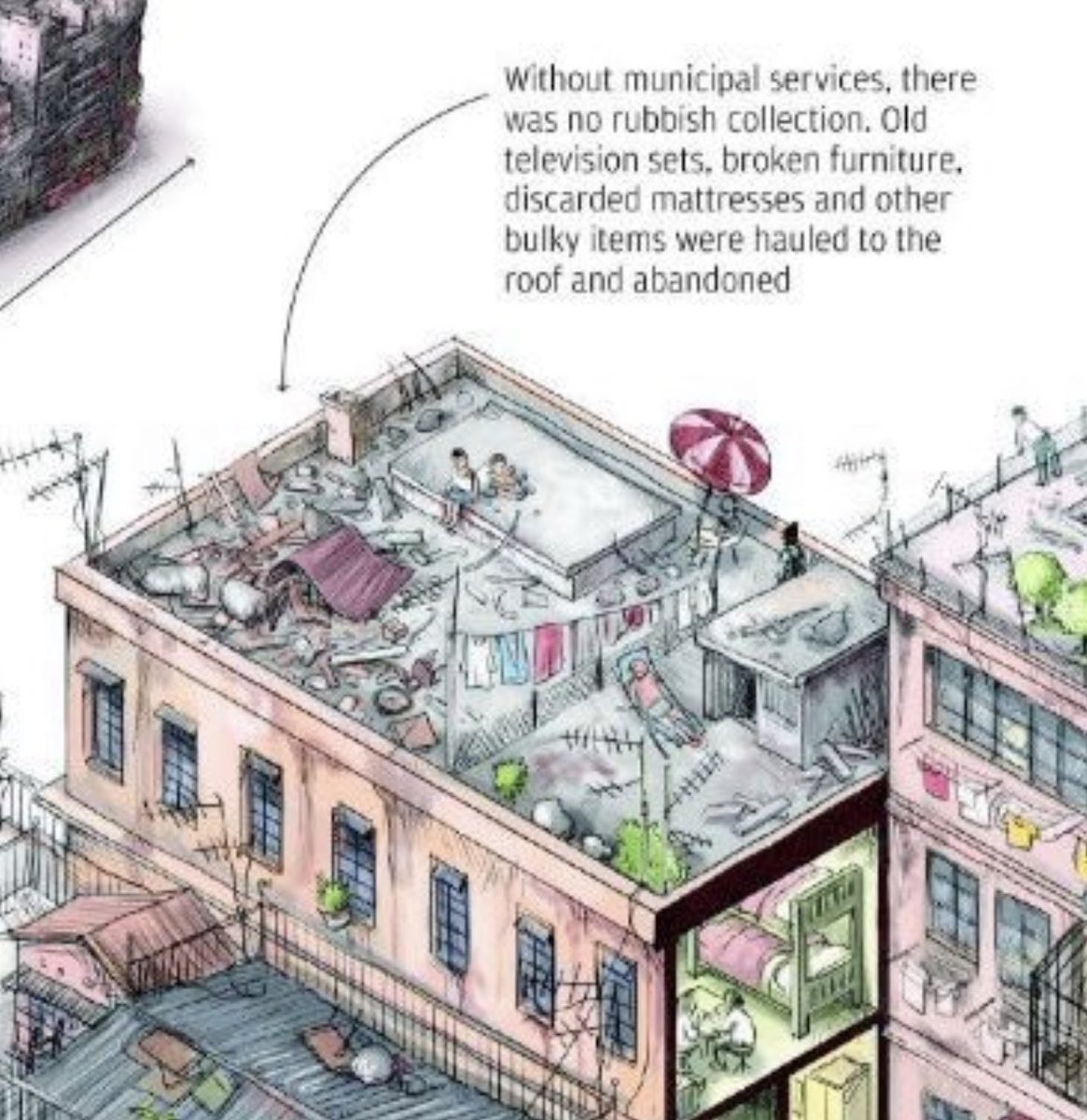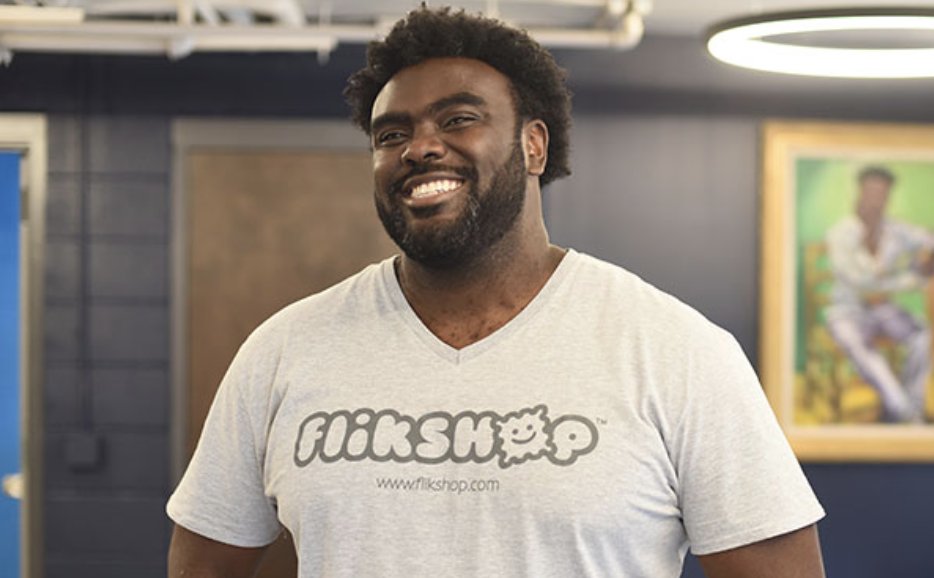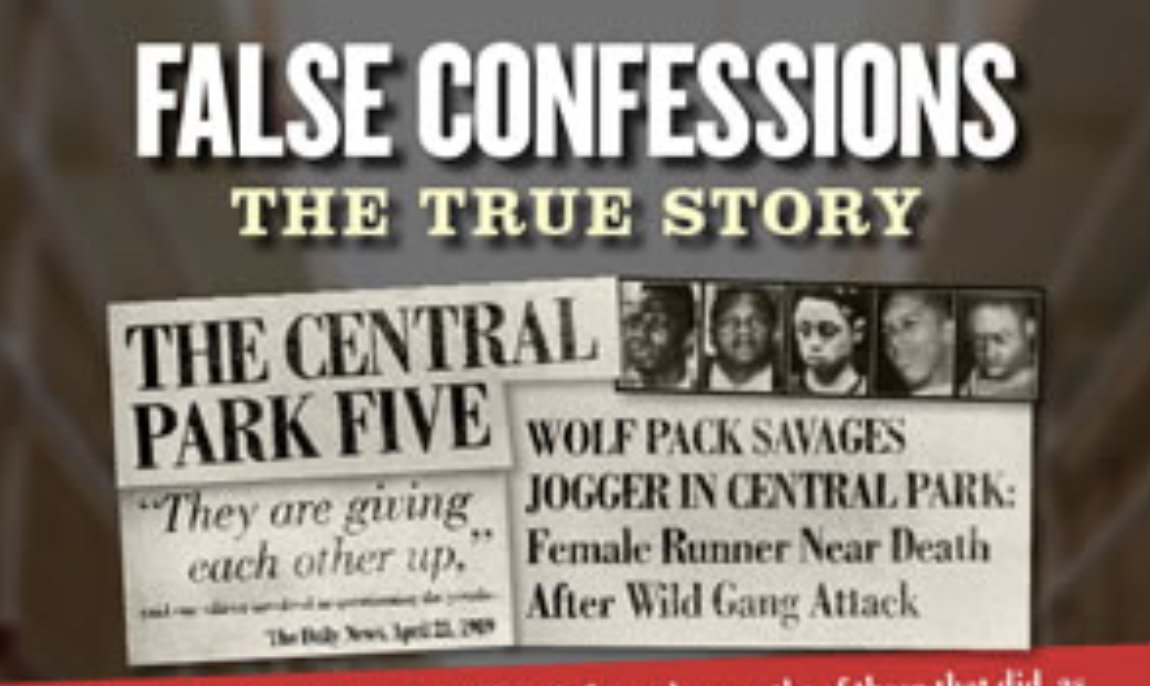
1/ Amazon Prime is a huge business, with 150m+ subs and an annual revenue of $20B+.
It's a staple in our lives...but was a total leap of faith when it launched in February 2005. Incredibly, Jeff Bezos and his team created it over a 6-week sprint.
Here's the story 🧵
It's a staple in our lives...but was a total leap of faith when it launched in February 2005. Incredibly, Jeff Bezos and his team created it over a 6-week sprint.
Here's the story 🧵
2/ In the mid-2000s, Amazon was far from the behemoth we know today.
Check these market caps on September 30th, 2004:
• Amazon = $17B
• Best Buy = $18B
• eBay = $61B
• Walmart = $226B
Check these market caps on September 30th, 2004:
• Amazon = $17B
• Best Buy = $18B
• eBay = $61B
• Walmart = $226B
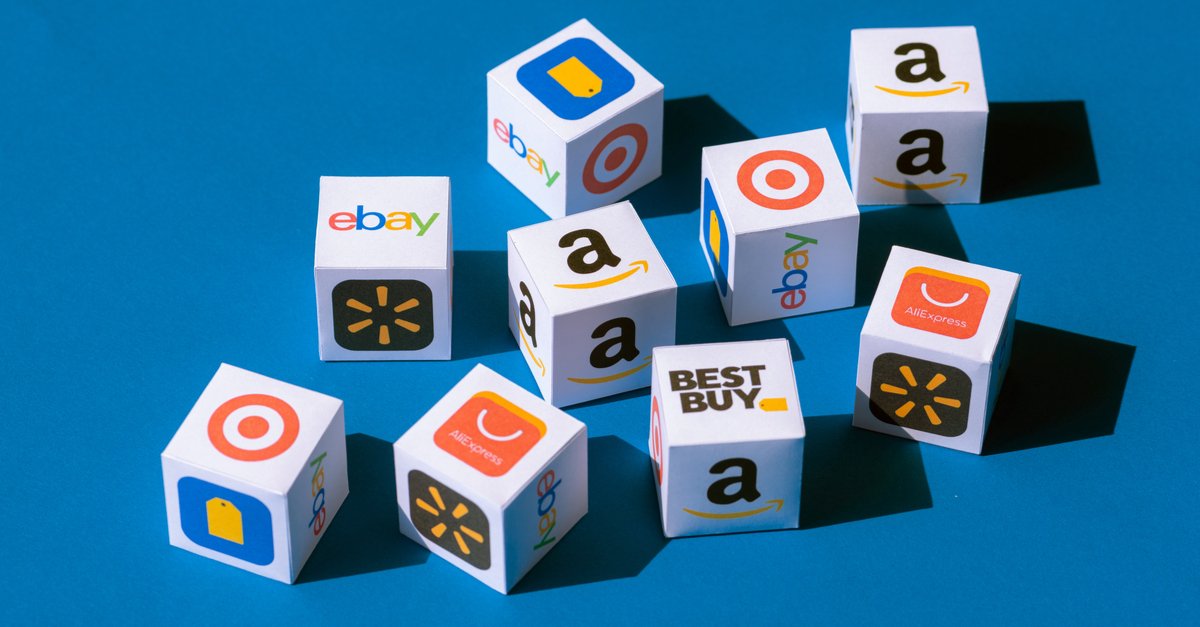
3/ The catalyst for Prime was annoyance with Amazon's existing free-shipping offer ("Super Saver Shipping").
It was too complicated:
• You had to hit a min. order of $25 (which created a complicated recommendation system)
• Then wait 8-10 days for the items (customers pissed)
It was too complicated:
• You had to hit a min. order of $25 (which created a complicated recommendation system)
• Then wait 8-10 days for the items (customers pissed)
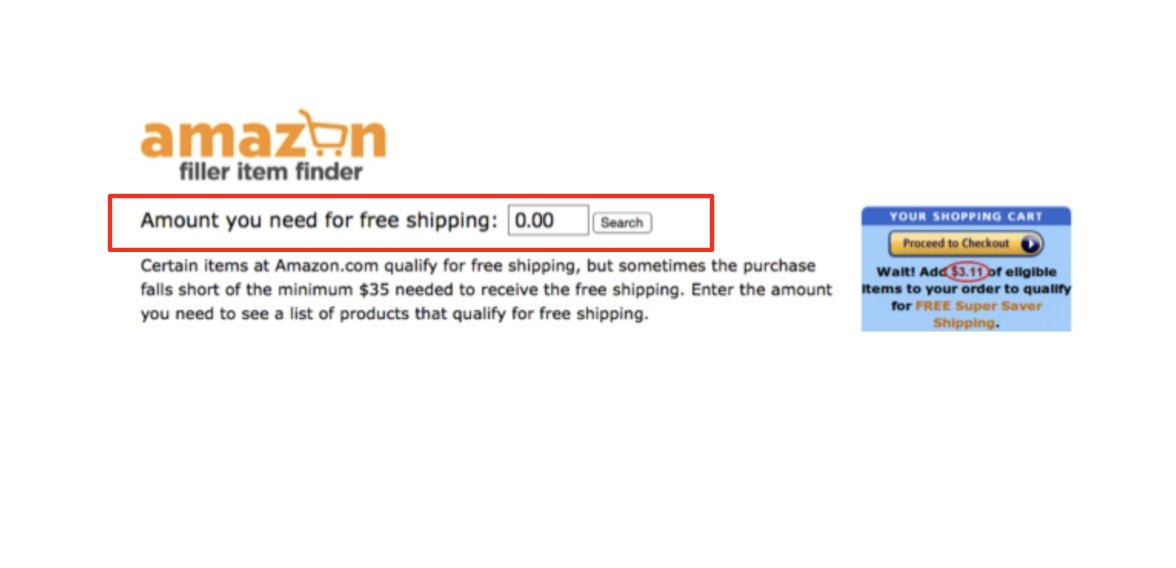
4/ At one Oct. 2004 meeting, the idea of an "all you can eat" shipping price came up. Bezos suggested that they also bundle in "faster shipping".
One employee accidentally blurted out, "we should have it ready by the next earnings" and Bezos said “that would be a great time."
One employee accidentally blurted out, "we should have it ready by the next earnings" and Bezos said “that would be a great time."
5/ The timeline coincided w/ the '04 Xmas season, when AMZN suffered major stability issues.
Despite the challenges, Bezos was fixated on the idea:"I’m going to change the psychology of people" comparing Amazon to others.
He wanted AMZN's value to be crystal clear.
Despite the challenges, Bezos was fixated on the idea:"I’m going to change the psychology of people" comparing Amazon to others.
He wanted AMZN's value to be crystal clear.
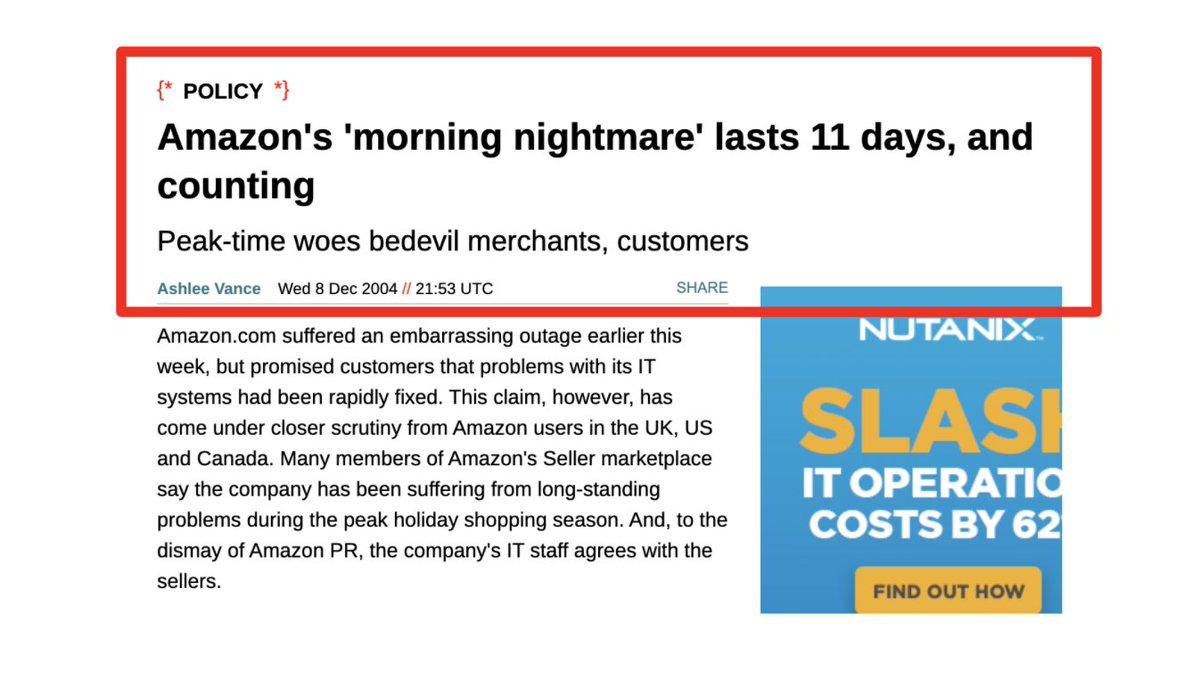
6/ In the early 2000s, Costco's CEO Jim Sinegal explained to Bezos the power of memberships.
"The membership fee is a one-time pain, but it’s reinforced every time customers walk in and see 47" TVs that are $200 less than anyplace else. It reinforces the value of the concept."
"The membership fee is a one-time pain, but it’s reinforced every time customers walk in and see 47" TVs that are $200 less than anyplace else. It reinforces the value of the concept."
7/ Bezos wanted an MVP in 4 weeks, but his team said that was impossible
In the end, he promised to delay the Amazon earnings date (and new shipping program announcement) if an MVP could be delivered in 6 weeks.
In the end, he promised to delay the Amazon earnings date (and new shipping program announcement) if an MVP could be delivered in 6 weeks.
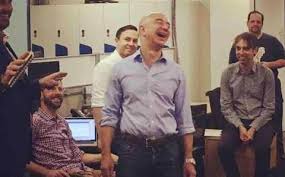
8/ The project was code-named "Futurama" and was free to poach talent from any division...in exchange, they gave out this t-shirt.
The front reads: "Futurama"
The back reads: "Shipping 6 weeks or less. Guaranteed."
The front reads: "Futurama"
The back reads: "Shipping 6 weeks or less. Guaranteed."
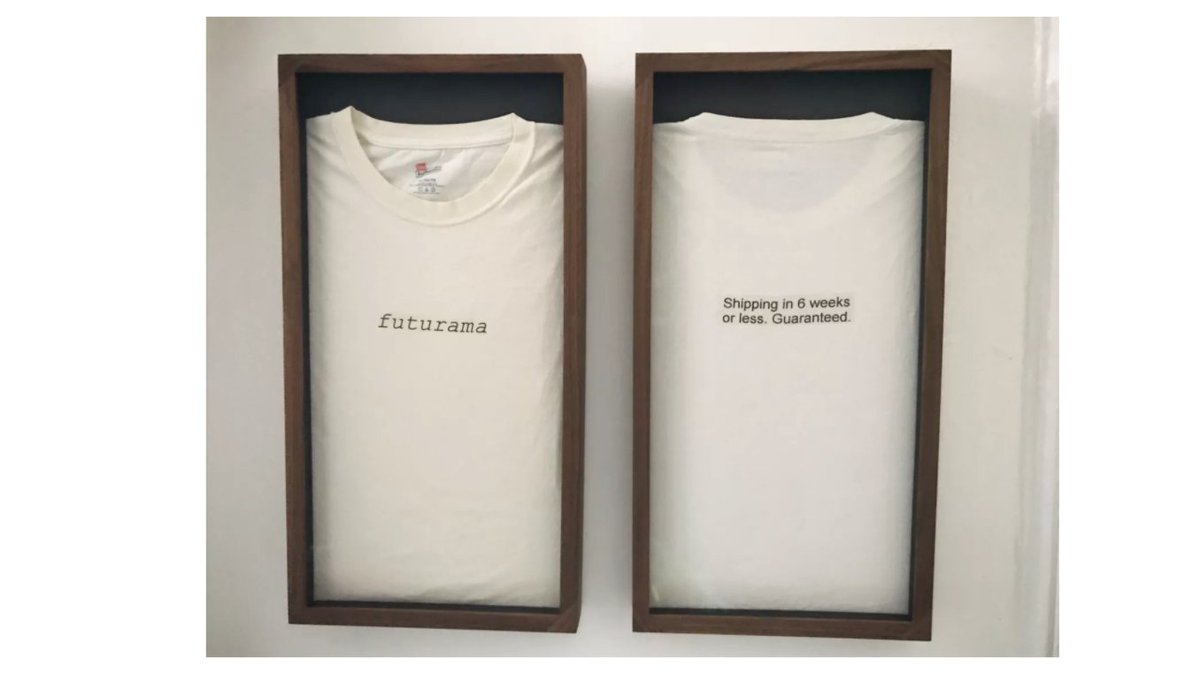
9/ The secretive project pissed off a lot of people:
• Other divisions randomly lost team members
• Finance people worried about the economics of "unlimited free shipping"
• The scalability of the program -- especially if customers LOVED it -- was a huge challenge
• Other divisions randomly lost team members
• Finance people worried about the economics of "unlimited free shipping"
• The scalability of the program -- especially if customers LOVED it -- was a huge challenge
10/ Bezos gave the name.
He got up one meeting and said "We'll call it Prime." Marketers on the team tried to dissuade him and came up with 20 alternatives.
One employee remembers "He was so convinced Prime was the right name."
(the geeks loved it b/c of "prime number")
He got up one meeting and said "We'll call it Prime." Marketers on the team tried to dissuade him and came up with 20 alternatives.
One employee remembers "He was so convinced Prime was the right name."
(the geeks loved it b/c of "prime number")
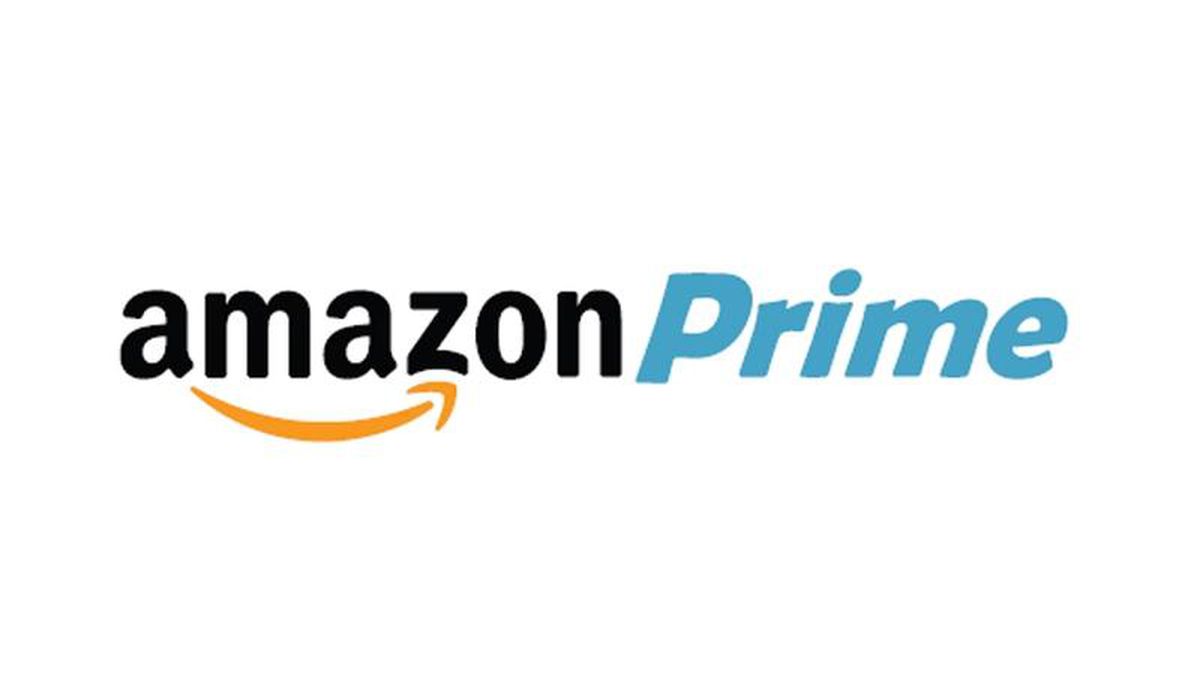
11/ With 100hr work weeks across the team, the deadline was met.
In February 2005, Amazon Prime launched with this email.
It offered unlimited 2-day shipping on millions of items for $79/year (compared to a 2-day shipping cost of ~$10 for a book, it was a no brainer).
In February 2005, Amazon Prime launched with this email.
It offered unlimited 2-day shipping on millions of items for $79/year (compared to a 2-day shipping cost of ~$10 for a book, it was a no brainer).
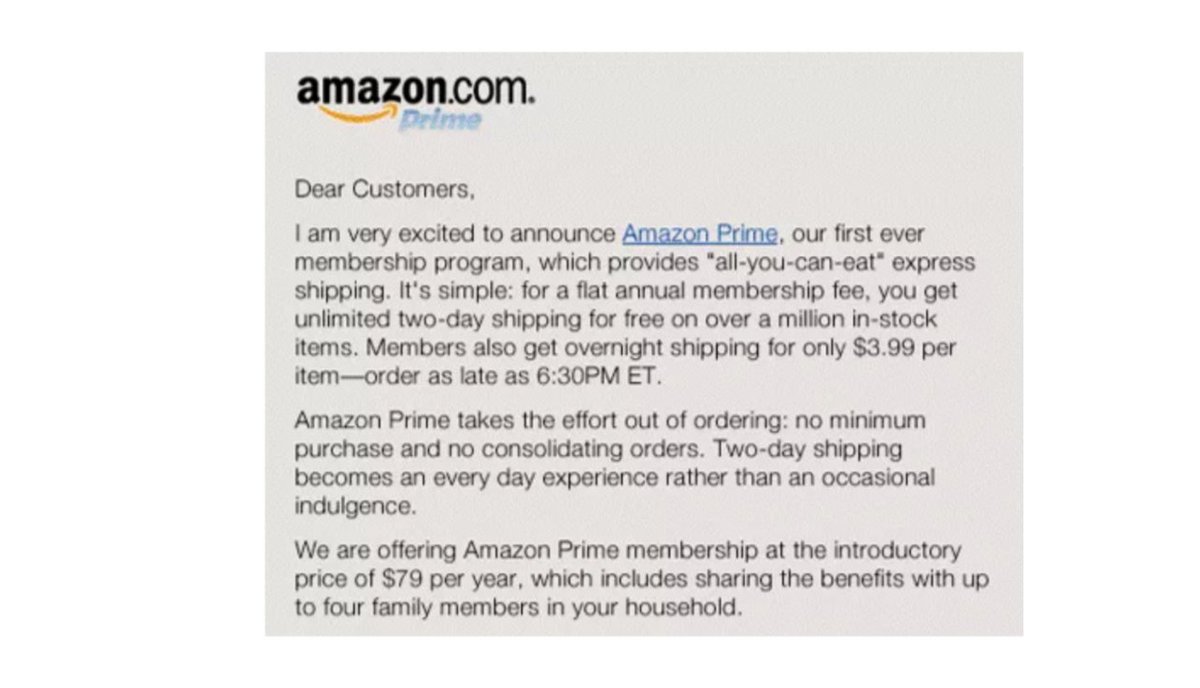
12/ The profitability of the project hinged on the ops team lowering the cost of 2-day fulfillment.
It became a self-fulfilling prophecy:"If customers liked Prime, the demand would go up. And because the demand would go up, we had more freedom to build new fulfillment centers."
It became a self-fulfilling prophecy:"If customers liked Prime, the demand would go up. And because the demand would go up, we had more freedom to build new fulfillment centers."
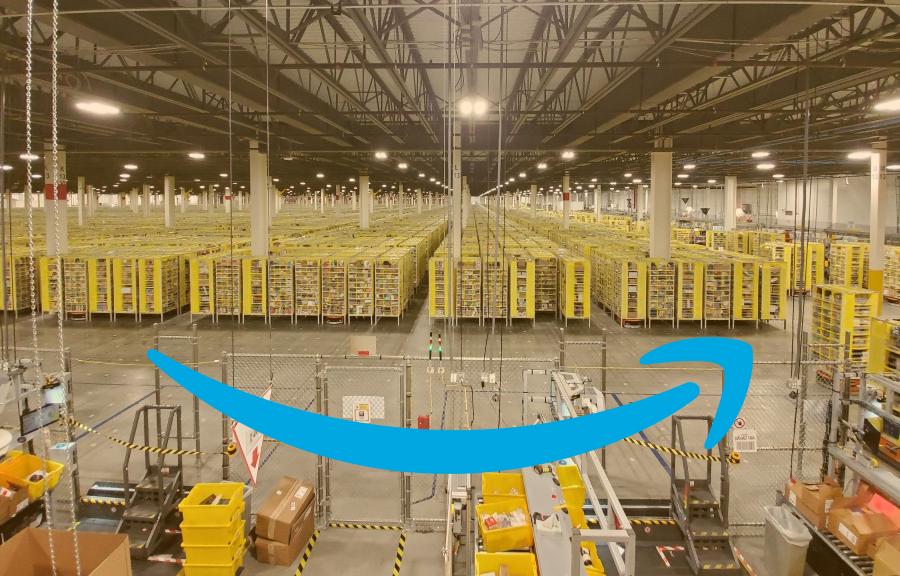
13/ In Bezos' original plan, he wanted 2-day shipping to "draw a moat around" Amazon's customers.
Prime has added lots of features over the years:
2011: Amazon Prime Video
2014: Amazon Music
2015: Amazon Prime Day
2017: Whole Foods
2019: "1-day shipping"
Prime has added lots of features over the years:
2011: Amazon Prime Video
2014: Amazon Music
2015: Amazon Prime Day
2017: Whole Foods
2019: "1-day shipping"
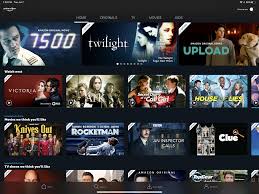
14/ It worked: today Prime members spend ~$1400/yr vs. non-Prime members which spend $600/yr.
Lets revisit the market caps:
(September 30, 2004) --> (Today)
• Amazon = $17B --> $1.7T
• Best Buy = $18B --> $29B
• eBay = $61B --> $42B
• Walmart = $226B --> $403B
Lets revisit the market caps:
(September 30, 2004) --> (Today)
• Amazon = $17B --> $1.7T
• Best Buy = $18B --> $29B
• eBay = $61B --> $42B
• Walmart = $226B --> $403B
15/ While free unlimited 2-day shipping completely changed the ecommerce game, that's not the only reason Amazon exploded.
The Seattle-based giant had an incredible 20-month run in the mid-2000s:
• February 2005: Prime
• March 2006: AWS
• September 2006: Fulfilment By Amazon
The Seattle-based giant had an incredible 20-month run in the mid-2000s:
• February 2005: Prime
• March 2006: AWS
• September 2006: Fulfilment By Amazon
16/ Moral: Deadlines (from Bezos) work.
If you like business stories like this (or dumb memes), hit that FOLLOW. 🙏
Other threads you might like:
trungtphan.com/top-trungtphan…
Original source: vox.com/recode/2019/5/…
If you like business stories like this (or dumb memes), hit that FOLLOW. 🙏
Other threads you might like:
trungtphan.com/top-trungtphan…
Original source: vox.com/recode/2019/5/…
17/ POSTSCRIPT:
Amazon Prime is headed for a $500B val.
— It’s run rate is $20-25B
— subscriber base growing 20-30% YoY
— Could hit $50B revenue by 2025, and taking Netflix multiple of ~10x revenue, you’d have a $500B valuation 🤯
Amazon Prime is headed for a $500B val.
— It’s run rate is $20-25B
— subscriber base growing 20-30% YoY
— Could hit $50B revenue by 2025, and taking Netflix multiple of ~10x revenue, you’d have a $500B valuation 🤯
• • •
Missing some Tweet in this thread? You can try to
force a refresh



